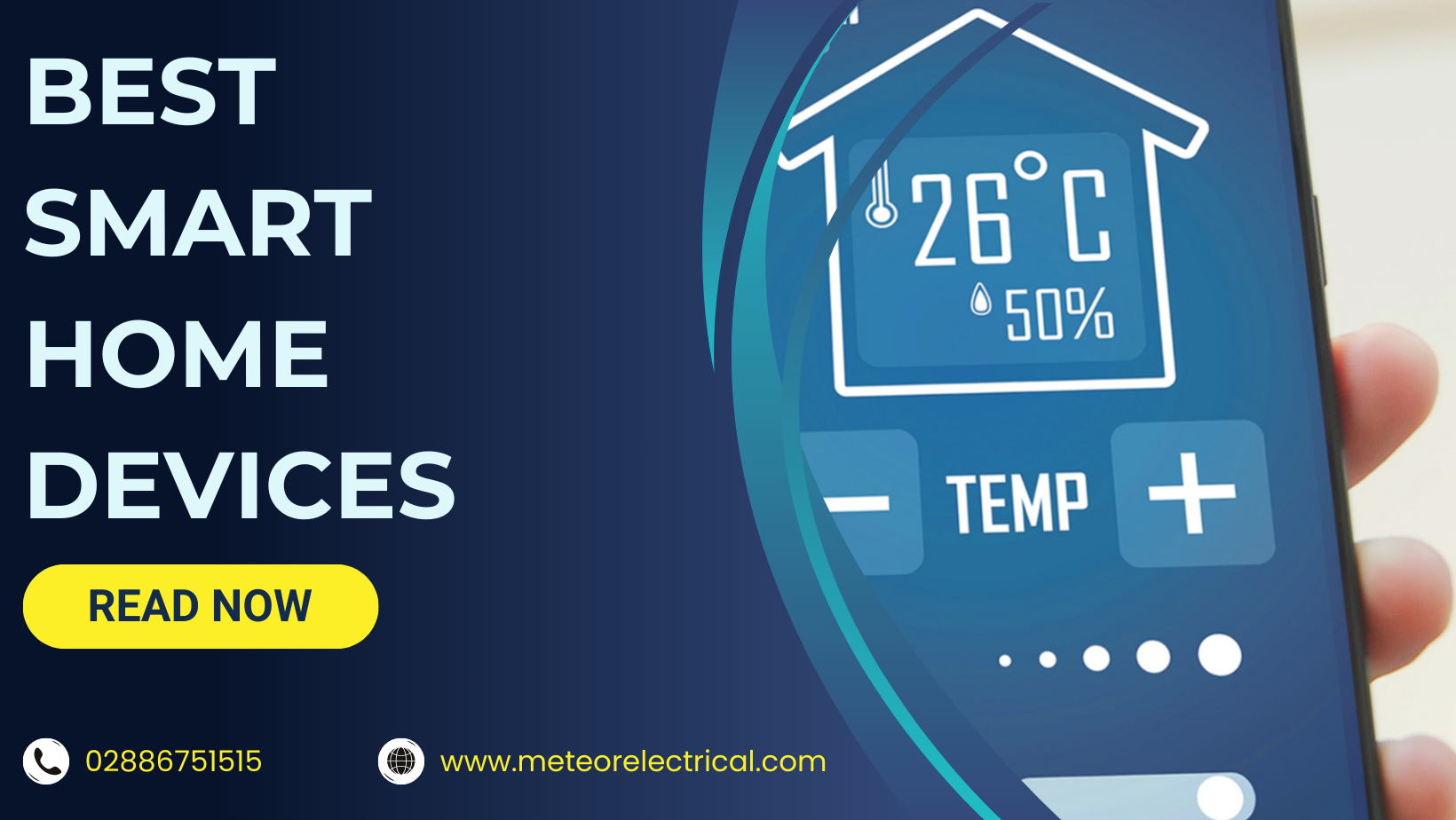Transform Your Home: The Best-Selling Smart Home Devices in the UK
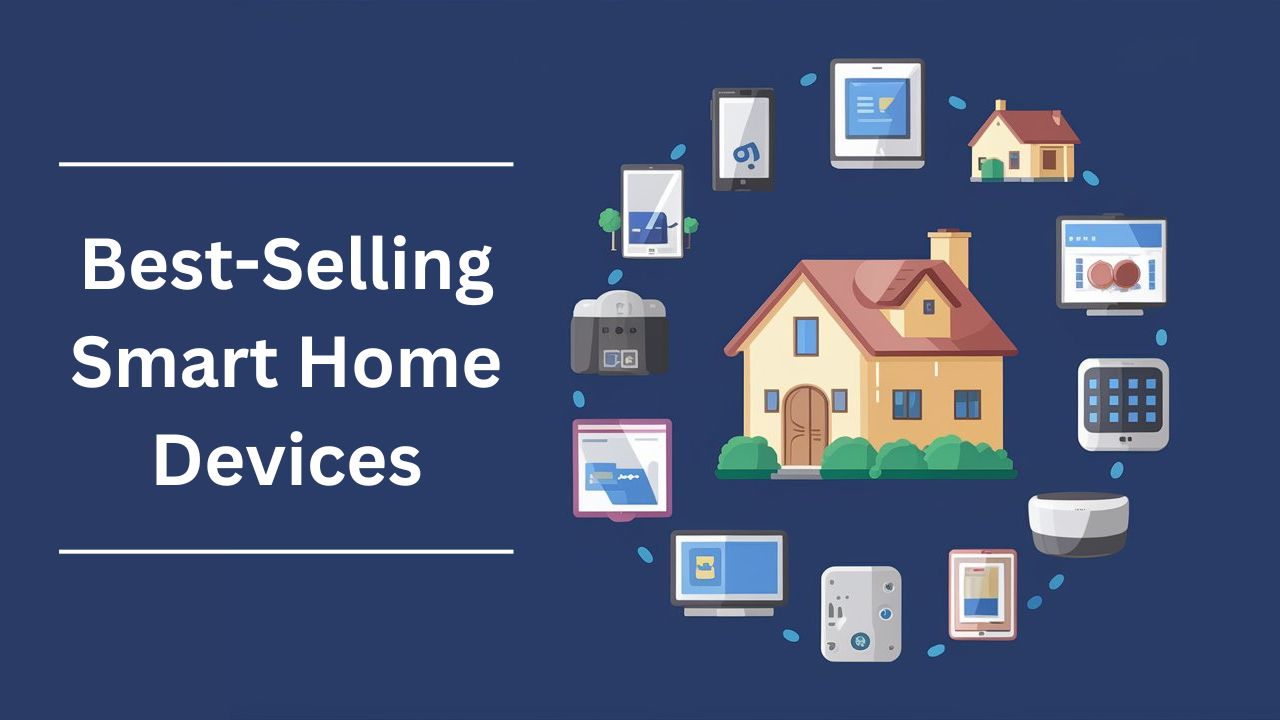
With the rise in energy prices, many consumers are turning to highly efficient electrical devices to save on costs. Creating a connected home is one of the best ways to achieve efficiency. Smart home products are designed to use energy more efficiently while providing comfort and convenience, making them a popular choice for modern households.
Smart home technology offers multiple benefits, including reducing energy consumption and long-term cost savings. Smart home device ownership is steadily rising in the UK, with approximately 45% of households owning a smart device in 2022, which is expected to grow (Statista, 2023).
As technology evolves, you can expect even more convenient devices. If you're looking to start building a connected home or want to learn more about these appliances, here are some key statistics on the best-selling smart home devices in the UK.
The Future of Smart Home Devices
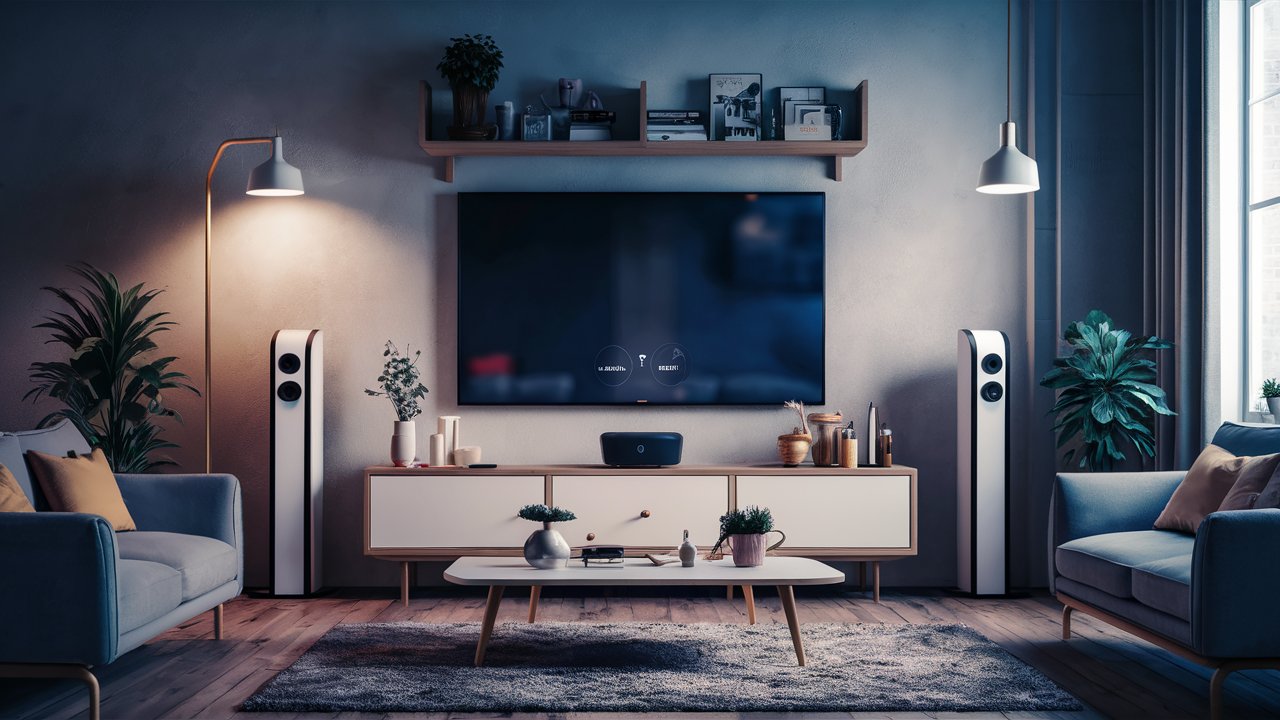
As energy efficiency becomes a top priority for modern consumers, the popularity of smart devices continues to surge. With more people integrating at least one smart device into their homes, the future promises even more innovative and high-quality products. Let’s delve into some key statistics that showcase the bright future of smart home devices:
- Record-Breaking Revenue Growth: In 2023, the global smart home market reached a record revenue of 140 billion USD, marking a 20% increase from the previous year. This growth demonstrates the accelerating pace at which smart home technologies are adopted (Statista, 2023).
- Unified Connectivity with Matter: The Matter software is set to revolutionise smart home technology by allowing multiple devices to interact seamlessly, eliminating the need for multiple apps (Livingetc, 2022). This new standard will significantly enhance user convenience and interoperability among various smart devices.
- Expanding Market: The smart home device market is on the cusp of a boom, with nearly 130 million households projected to own at least one smart device by 2027 (World Economic Forum, 2019). This rapid growth indicates a widespread adoption of smart home technology worldwide.
- Soaring IoT Investments: Global spending on Internet of Things (IoT) products is anticipated to reach a staggering 1.1 trillion USD by 2023, underlining the substantial demand for smart devices (World Economic Forum, 2022). This investment surge is expected to drive innovation and development in the sector.
- Proliferation of Smart Homes: The number of smart homes worldwide is projected to exceed 350 million by 2023 (Statista, 2021). This increase reflects the growing consumer preference for interconnected and efficient living spaces.
With these advancements, the future of smart home devices looks incredibly promising. They will offer enhanced energy efficiency, improved connectivity, and greater convenience for consumers.
Looking to build your smart home? Here’s a helpful guide to get you started!
Credit: Smart Home Solver
The Growth of Smart Home Devices Worldwide
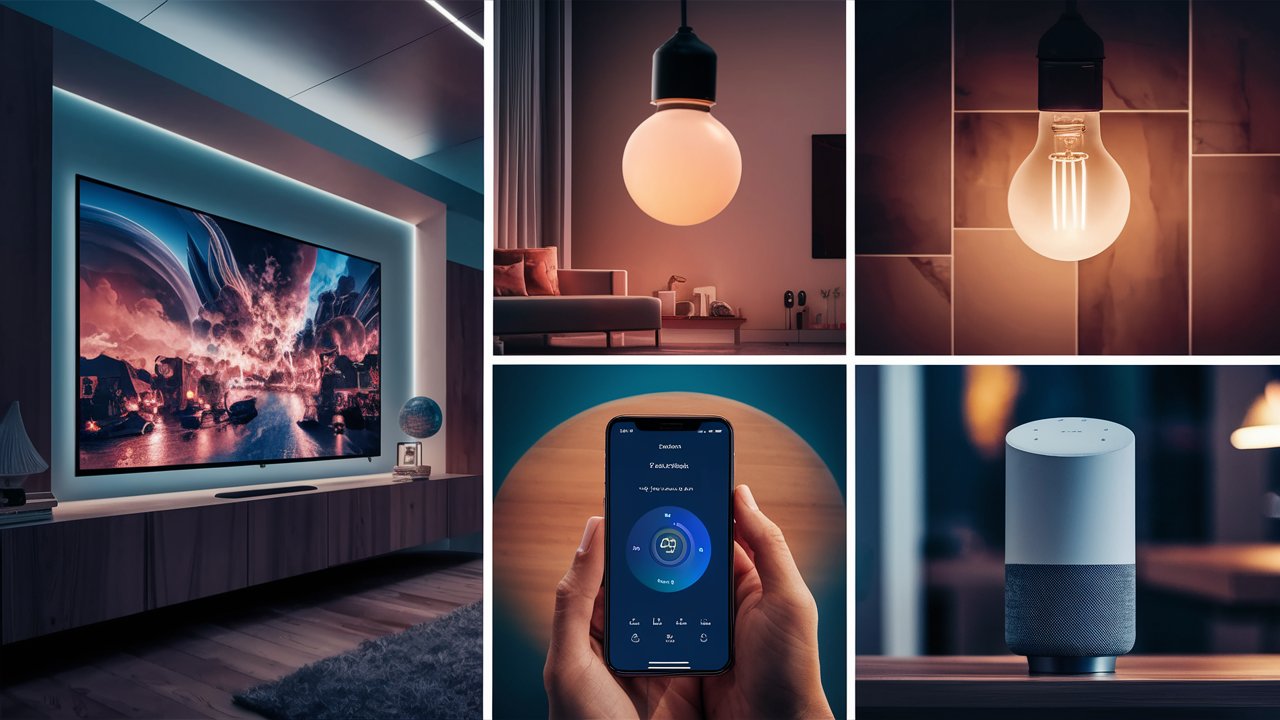
Smart homes, equipped with various devices and appliances controllable via smartphones, tablets, or home assistant hubs, are transforming everyday living by streamlining various household tasks. Here are some key statistics illustrating the global demand and growth of smart home devices:
- Recent Market Developments: In 2023, the smart home market saw a substantial increase in consumer interest, with the number of smart home devices sold worldwide reaching 1.5 billion units, marking a 15% rise from the previous year (TechCrunch, 2024). This surge underscores the growing reliance on smart technology for household management.
- Surging Market Revenue: The smart home market was projected to reach a revenue of 117.60 billion USD in 2022, with an impressive annual growth rate of 13.64%. This trajectory will lead to an estimated market volume of 222.90 billion USD by 2027 (Statista, 2023).
- Significant Growth in 2018: The smart home market experienced its largest growth spurt in 2018, with a 34.2% increase from the previous year, generating a remarkable 53.4 billion USD in revenue (Oberlo, 2019). This milestone year set the pace for subsequent market expansion.
- Rising Number of Smart Households: The number of active smart home households worldwide is anticipated to reach 672.6 million by 2027, reflecting the increasing adoption of smart technologies across various regions (Statista, 2023).
- Increased Household Penetration: Household penetration of smart home marketing is set to grow significantly, from 14.2% in 2022 to 28.8% by 2027 (Statista, 2023). This indicates a rapidly expanding consumer base for smart home products.
These statistics highlight the robust global demand for smart home devices and the market's rapid growth. As technology continues to evolve, smart homes are becoming more integrated into everyday life, providing enhanced convenience, efficiency, and comfort for homeowners around the world.
The Growth of Smart Home Devices in the UK

The UK is rapidly emerging as one of Europe's leading markets for smart home products. With a growing number of residents becoming familiar with and inclined to purchase multiple smart home appliances, the adoption of smart technology is accelerating. Here are some key statistics that highlight the growth of smart home devices in the UK:
- Recent Trends: In 2024, the UK smart home market saw a 20% increase in smart speaker sales, reflecting a growing trend towards voice-activated home automation (Gartner, 2024). This trend highlights the evolving preferences of UK consumers towards more advanced and interactive smart home solutions.
- Increasing Adoption Rates: As of 2023, 5.3 million households in the UK use smart home products, representing 19.7% of all UK households (Saasindustry, 2023). This indicates a substantial adoption of smart technology among UK residents.
- Rising Market Revenue: The smart home market revenue in the UK was expected to reach 7.85 billion USD in 2022. With a potential annual growth rate of 16.79%, this market value is anticipated to increase to 12.28 billion GBP by 2027 (Statista, 2023). This significant growth reflects the increasing consumer demand for smart home devices.
- Soaring Household Penetration: The current household penetration rate for smart devices in the UK is 45.8%, with projections indicating this will grow to an impressive 98.8% by 2027 (Statista, 2022). This rapid growth demonstrates the widespread acceptance and integration of smart technology into UK homes.
- Pandemic-Driven Purchases: During the pandemic, UK households spent a staggering £33 billion on smart devices (InsightDIY, 2021). This surge in spending underscores the increased reliance on smart technology to enhance home comfort and convenience during lockdowns.
These statistics illustrate the dynamic growth and future potential of the smart home market in the UK. With increasing adoption rates, rising market revenues, and a strong consumer inclination towards smart technology, the UK is set to continue its trajectory as a key market for smart home devices.
Current State of Smart Home Device Ownership in the UK

The UK is rapidly embracing smart home technology, with a significant portion of the population integrating various smart devices into their daily lives. Here are some key statistics that highlight the current state of smart device ownership in the UK:
- Entertainment Dominates: Over 80% of UK residents use smart products primarily for entertainment purposes. This category includes devices such as Bluetooth speakers, smart TVs, and gaming consoles (Statista, 2022). The popularity of these devices reflects the high demand for enhanced digital experiences and convenience.
- Virtual Assistants are Favoured: More than 35% of consumers prefer using smart virtual home assistants like Amazon Echo or Google Home. These devices not only provide information and play music but also control other smart devices, making them a central hub for smart home ecosystems (Statista, 2022).
- Emerging Technologies: While smart TVs and speakers are widespread, some devices are still gaining traction. Appliances such as robot vacuums, smart microwaves, and smart refrigerators are among the least popular, but their adoption is gradually increasing as technology improves and prices become more affordable (Statista, 2022).
- Recent Growth: In 2023, the UK saw a 20% increase in the adoption of smart home security systems, reflecting growing concerns over home safety and the desire for advanced security solutions (TechRadar, 2024). This trend indicates a shift towards more comprehensive smart home setups that prioritise safety alongside convenience and entertainment.
- Energy Efficiency Trends: With rising energy costs, many UK households are investing in smart energy management systems. In 2023, sales of smart thermostats and energy-efficient lighting solutions rose by 25%, highlighting the increasing awareness and need for sustainable living practices (Guardian, 2024).
The growing adoption of smart devices in the UK is driven by the desire for convenience, enhanced entertainment experiences, and improved home security. As technology continues to advance and become more accessible, the range and sophistication of smart home products are expected to expand, further integrating into everyday life.
Best Selling Smart Home Devices in the UK
Building a smart home involves integrating various devices that offer unique applications and benefits. Here are some of the best-selling smart home devices in the UK, each bringing you one step closer to a fully connected home.
Smart TVs
Smart TVs are often the first step in creating a connected home due to increasing digitisation and high-speed internet availability.
- Widespread Adoption: The smart TV household penetration rate in the UK reached 67% in 2021 (Statista, 2022), reflecting their popularity and widespread use.
- Brand Preference: Over 30% of UK residents prefer the Samsung Tizen TV, highlighting its market dominance (BroadbandTVNews, 2019).
- High Ownership Rate: 55% of British residents own a smart TV, making it one of the most popular smart devices in the UK (InsightDIY, 2020).
Smart Speakers
Smart speakers are another popular device commonly used in many households, providing not just music but also following voice commands to control other paired devices.
- Significant Market Share: Approximately 11% of UK consumers own a smart speaker, with 69% choosing Amazon Echo as their preferred brand (thecoexperts, 2022).
- Global Popularity: Over 100 million Amazon speakers have been sold in the US alone, indicating the global appeal and effectiveness of these devices (martech, 2019).
Smart Light Bulbs
Smart lighting is an efficient way to modernise your home, providing various capabilities that are not available in regular light bulbs.
- Market Growth: The global market size for smart lighting was estimated to be worth 10.9 billion USD in 2021 (marketsandmarkets, 2020).
- Energy Efficiency: Approximately 14% of light bulb owners in UK households use LEDs, which are more energy-efficient compared to traditional bulbs (electricalreview, 2019).
- Significant Savings: Smart LED bulbs consume 90% less energy than traditional incandescent bulbs, offering substantial energy savings (digitaltrends, 2018).
Smart Heating and Thermostats
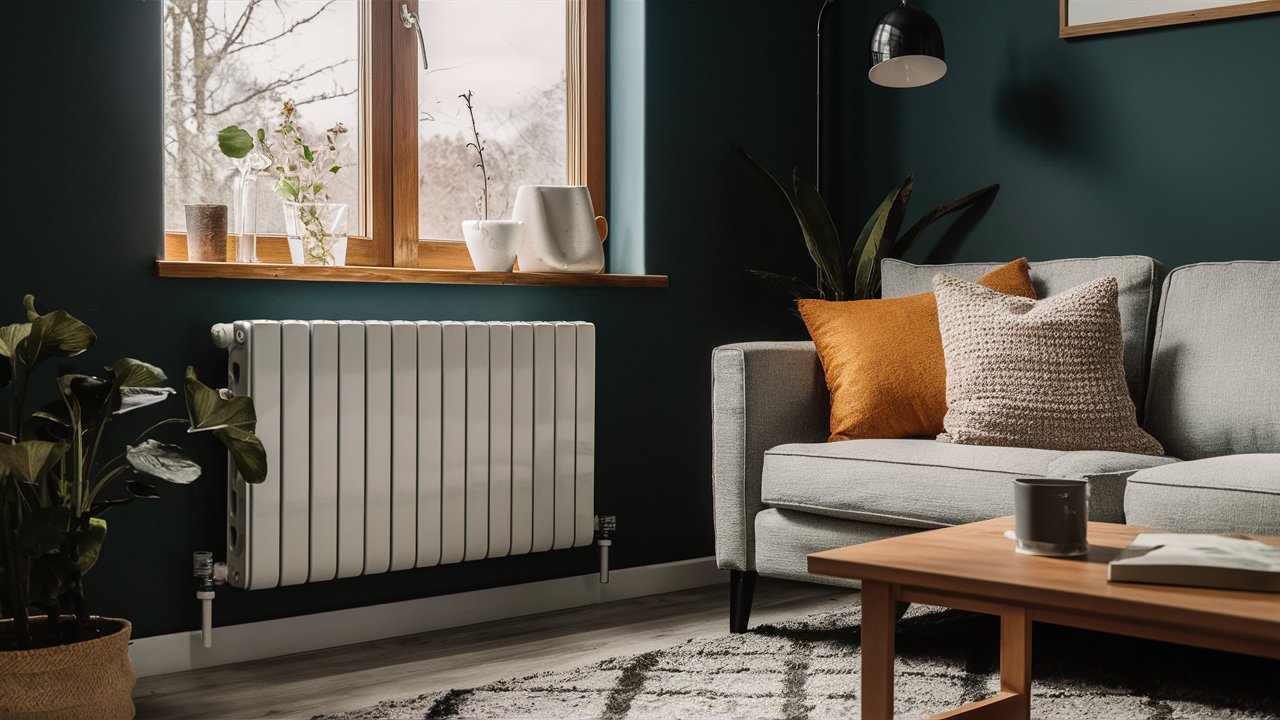
With rising energy costs, investing in efficient heating and cooling systems is crucial. Smart heating systems provide on-demand efficient heating with lower energy costs.
- Market Expansion: The global smart heating and thermostat market is expected to reach 11.36 billion USD by 2027, driven by increasing demand for energy-efficient solutions (alliedmarketresearch, 2019).
- Energy Savings: Smart heaters can help households save up to 6% on their annual energy bills, making them a cost-effective investment (Sciencedirect, 2021).
- Recent Innovations: In 2023, the UK saw a significant increase in the adoption of smart thermostats, with sales rising by 25% compared to the previous year (TechRadar, 2024).
Smart Plugs
Smart plugs are a great way to turn ordinary devices into smart ones, allowing better control over their energy consumption.
- Energy Management: Around 40% of a building’s electricity consumption comes from devices plugged into switches and sockets, often left on standby mode (wired, 2022).
- Market Growth: The global market for smart plugs reached 4.92 billion USD in 2020, with a forecasted growth of 40% in the upcoming years, reflecting their increasing popularity (emergenresearch, 2022).
Conclusion
In conclusion, the adoption of smart home devices in the UK is on a rapid rise, driven by the demand for convenience, entertainment, and energy efficiency. From smart TVs and speakers to advanced lighting and heating systems, these devices are transforming the way we live, making our homes more connected and efficient. The statistics highlight a bright future for smart technology, with increasing penetration rates and market growth expected in the coming years.
For those looking to upgrade their homes with the latest in smart technology, be sure to check out Meteor Electrical for high-quality electrical products that meet your needs. Our extensive range ensures you can find the perfect devices to enhance your home. Don't forget to visit our blog regularly to stay updated on the latest electrical trends and innovations. Make your home smarter and more efficient with Meteor Electrical.
FAQs - Smart Home Devices in the UK
Q: What are the most popular smart home devices in the UK?
A: The most popular smart home devices in the UK include smart TVs, smart speakers like Amazon Echo, and smart lighting systems.
Q: How do smart home devices save energy?
A: Smart home devices save energy by providing better control over your appliances, using energy-efficient technologies, and allowing automation of energy-saving settings.
Q: Are smart plugs worth it?
A: Yes, smart plugs are worth it as they help reduce energy consumption by allowing you to control the power usage of your devices remotely and eliminate standby power waste.
Q: What are the benefits of using a smart thermostat?
A: Smart thermostats offer benefits such as reducing energy bills, providing remote control over home heating, and learning your schedule to optimise heating efficiency.
Q: How secure are smart home devices?
A: While smart home devices are generally secure, it's important to use strong passwords, enable two-factor authentication, and keep your devices updated with the latest firmware to enhance security.
Q: Can smart home devices be integrated with each other?
A: Yes, many smart home devices can be integrated and controlled via a central hub or compatible apps, making it easier to manage your smart home ecosystem.

